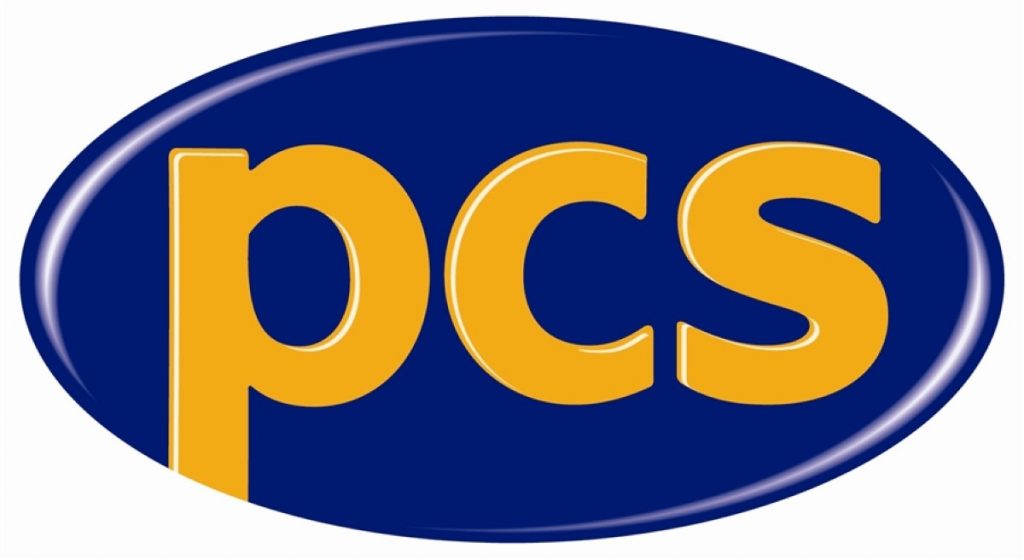PCS: Call for return to national negotiations on cost grounds
The Public and Commercial Services union today (30) calls on the government to reinstate national negotiations over pay and conditions in the civil service to save money and time.
National bargaining was abandoned by a previous Tory administration in the mid-1990s and responsibility for dealing with most industrial relations issues was devolved to more than 200 departments and agencies.
This is time-consuming and wasteful particularly at a time when civil service departments are facing budget cuts of up to 33%, the union says. It has also led to huge discrepancies in pay between people doing similar jobs across different departments.
Cabinet Office minister Francis Maude is expected to announce in his party conference speech a cut in the amount of time union reps are allocated to deal with negotiations and to handle individual cases for members, such as disciplinary and grievance hearings.
Known as 'facility time', it accounts for just 0.2% of staff time across the whole civil service but reps spend around half of their allotted hours in negotiations with managers on issues that used to be handled nationally.
Research by the Trades Union Congress, using the government's own figures, also shows unions reps bring benefits to our economy worth hundreds of millions of pounds a year.
By agreement and at managers' discretion, some union reps are allowed some time away from their jobs to negotiate with employers, represent members and deal with health and safety issues, and staff skills and training.
With the civil service undergoing massive upheaval – including 39,000 job cuts since the coalition took office and proposals to open up more public services to the private and voluntary sectors – good employers will be those that properly engage with their staff to manage these changes. The most effective and cheapest way to do this is through their representatives.
The union says that if Mr Maude believes there are problems with facility time, rather than politicising the issues in a conference speech, he should discuss them with the unions.
PCS general secretary Mark Serwotka said: "We have repeatedly said that it is hugely inefficient and costly for union reps to spend their time negotiating issues that were once handled nationally.
"At a time of unprecedented change for the civil service, Mr Maude should sit down with us to discuss how best to handle employee relations for the good of his staff and his organisation.
"It would be very disappointing if he refused to do this and instead sought simply to undermine union reps who bring huge value to the civil service and our economy."
ENDS
Notes
– Using government figures the TUC published a pamphlet in September 2010 called 'The facts about facility time for union reps' (http://is.gd/tucfacilitytime, pdf). It found benefits and savings including:
– Overall productivity gains to UK economy, worth £4bn to 12bn
– Reduction in working days lost due to workplace injury, worth £136m to £371m
– Savings to employers in recruitment costs through reducing early exits, worth £82m to £143m
– Reduction in work related illness, worth £45m to £207m
– Reduction in employment tribunal cases, worth £22m to £43m
– For information and interview requests contact PCS national press officer Richard Simcox on 020 7801 2747 or 07833 978216
– The Public and Commercial Services union represents civil and public servants in central government. It has around 300,000 members in over 200 departments and agencies, and in parts of government transferred to the private sector. PCS is the UK's sixth largest union and is affiliated to the TUC. The general secretary is Mark Serwotka and the president is Janice Godrich – on Twitter @janicegodrich
– Follow PCS on Twitter @pcs_union





-01.png)